Douai – Dvacum vulgo Douay
by
Johannes Janssonius
Detail
Date of first edition: 1657
Date of this map: ca. 1657
Dimensions (not including margins): 40,3 x 49,5 cm
Dimensions (including margins): 51 x 62,2 cm
Condition: Very good. Copper engraving on strong paper and wide margins. Old colouring. Centre fold as published.
Condition rating: A+
Verso: text in Latin
Price (without VAT, possibly to be added): €370,00 (FYI +/- $410,70 / £329,30)
Unless otherwise specifically stated on this map page, we charge the following expedition costs in euro (unfortunatelly, gone up with Covid, but still too low in reality!):
– Benelux: 40 euro
– Rest of Europe: 60 euro
– Rest of the World: 100 euro
In stock
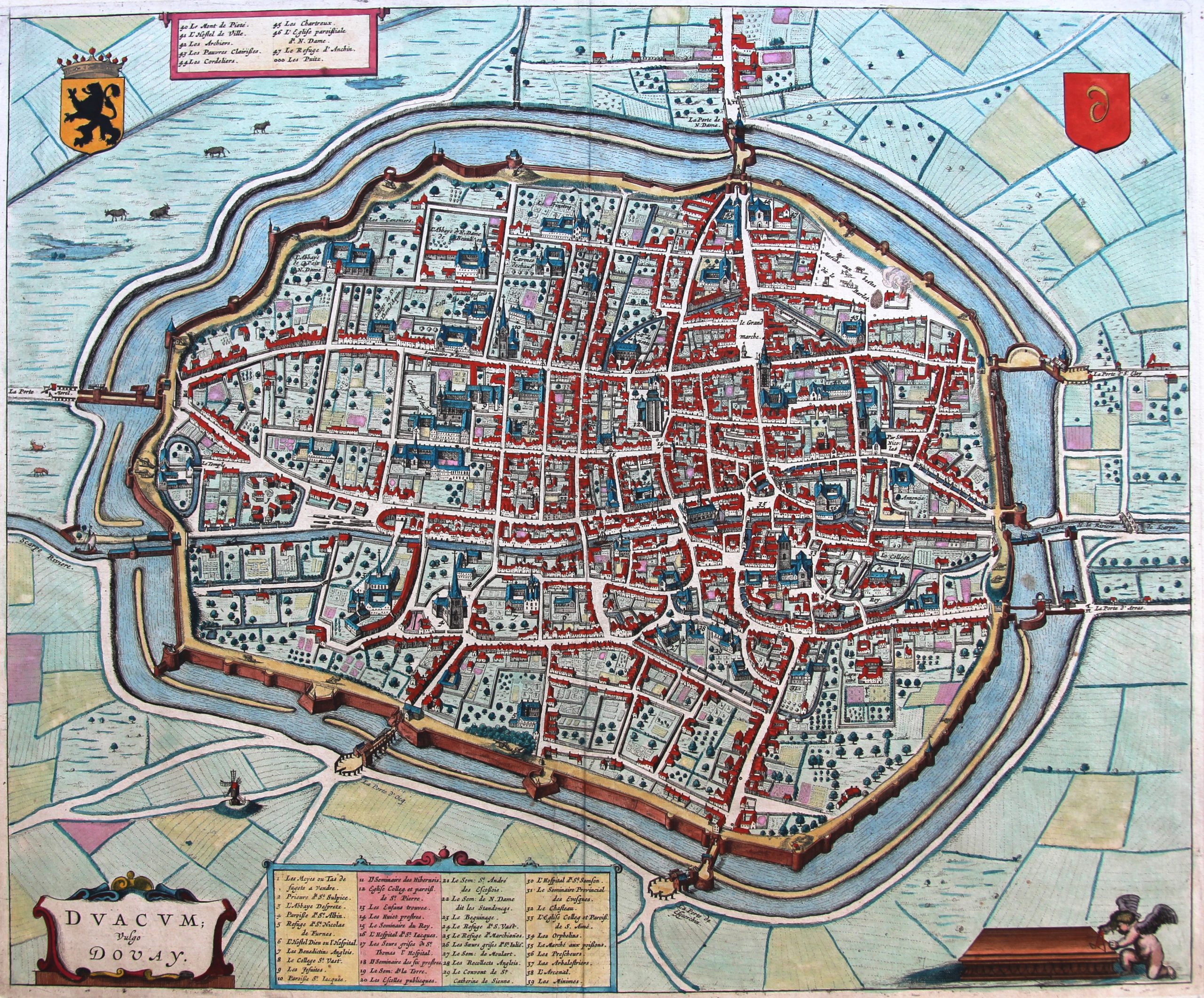
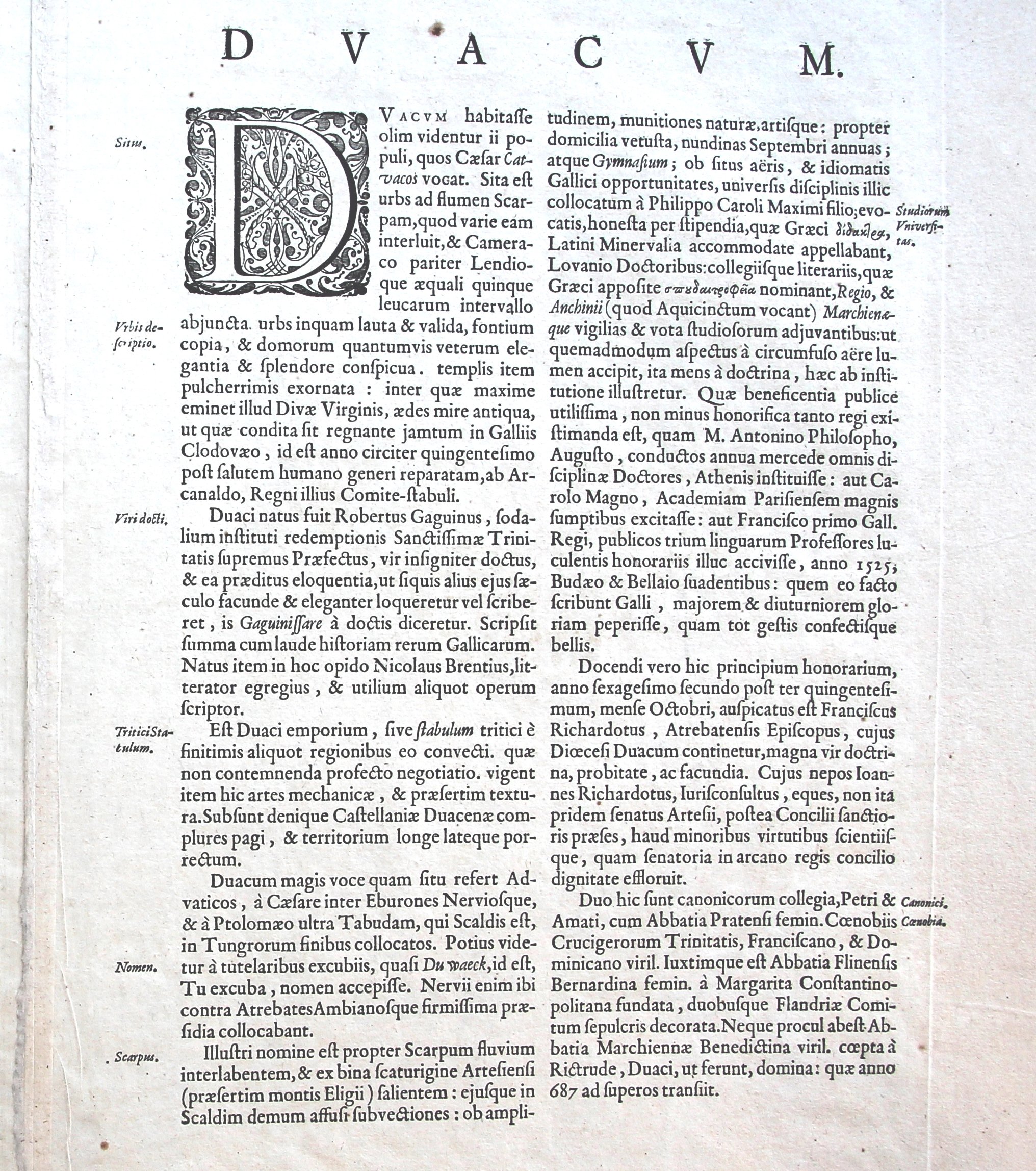
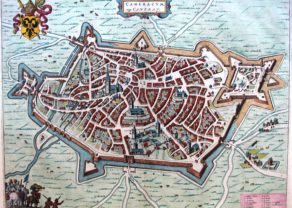
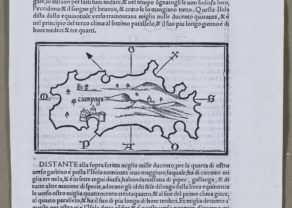
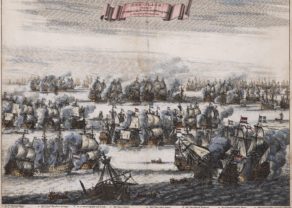
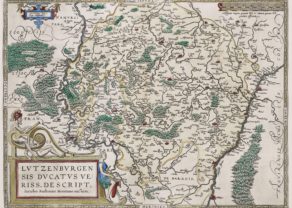
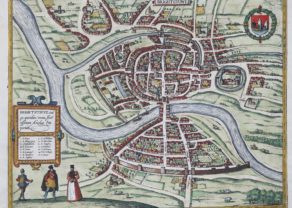
(Former) seat of the second oldest university of The Netherlands
Douai was first mentioned in 930, as Duacum. All about 950 there was a count’s castle. During this time the town was situated on the Scarpe. Douai was accessible by boat. Douai was also chief town of one of the three bailiwicks in Lilloise Flanders. Although this region in the 12th century was French, the inhabitants were pro-Flemish; in the run-up of the Golden Spurs in 1302, they called it “Tos Flamens, tos Flamens estons! Par Dieu, Fouquart, por nient and parleis, car tos summes et serons Flamens” (“We are all Flemings, Fouquaert, and we will continue Flemings matter what language we speak!”)
With the Treaty of Pontoise (1312) Flanders Lilloise Flanders ceded to France, but it returned in 1369 already returned to Flanders through the marriage of Margaret of Male and Philip the Bold. The Flemish and Hapsburg victory led by 1479 the Archduke Maximilian of Austria at the Battle of Guinegate was celebrated; This is the origin of the annual procession of the city giant, known locally Gayants. Philip II of Spain in 1562 founded the University of Douai, the second in the Seventeen Provinces after the University of Leuven. The university was transferred to nearby Lille in 1887. Douai was a stronghold of the Counter Reformation. Douai therefore participated in the Union of Arras (1579) and it took the side of the Spanish king.
On July 6, 1667 Louis XIV took the city and it was ceded by Spain to France under the Treaty of Aachen of 1668.
Even today a French court of appeal is situated in Douai for the départements Nord and Pas-de-Calais.